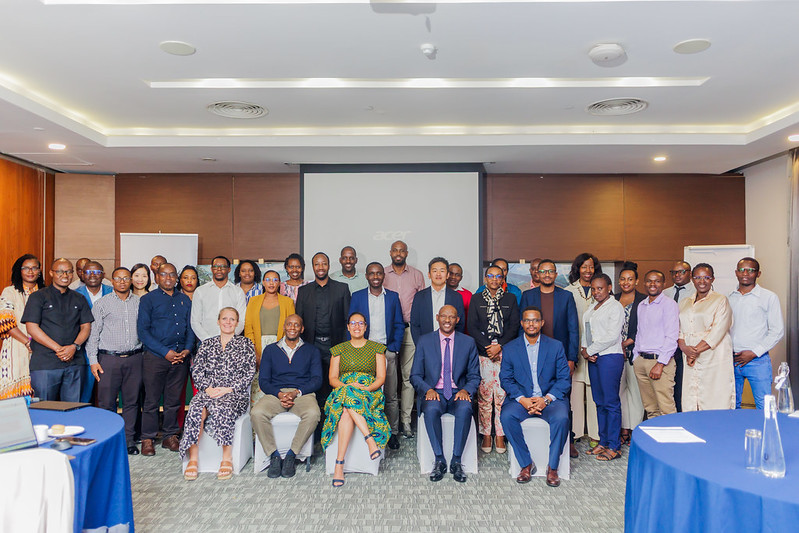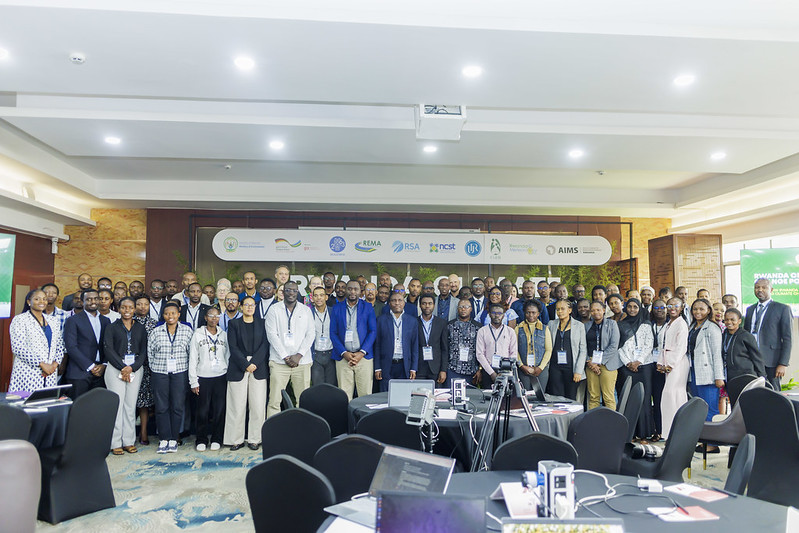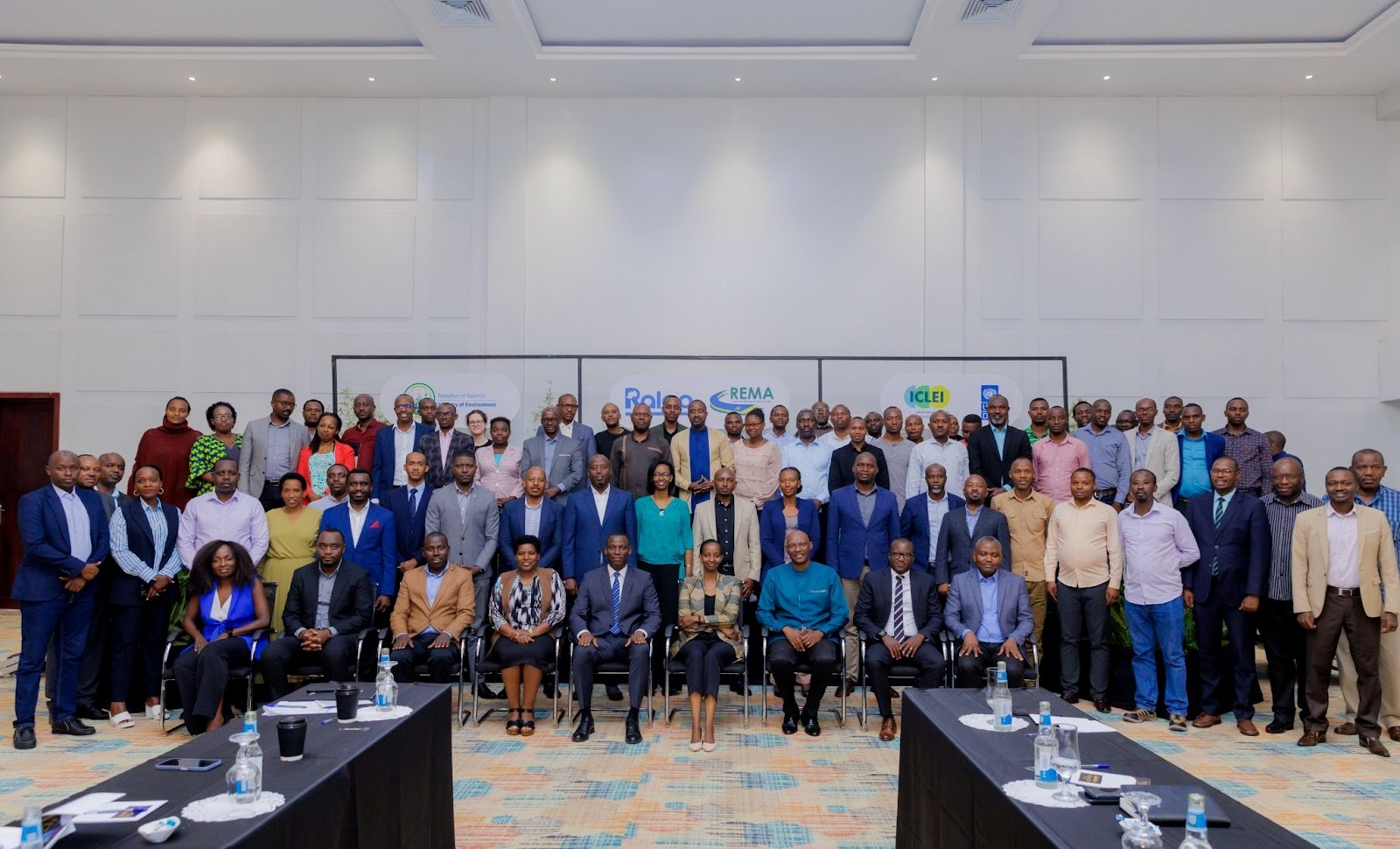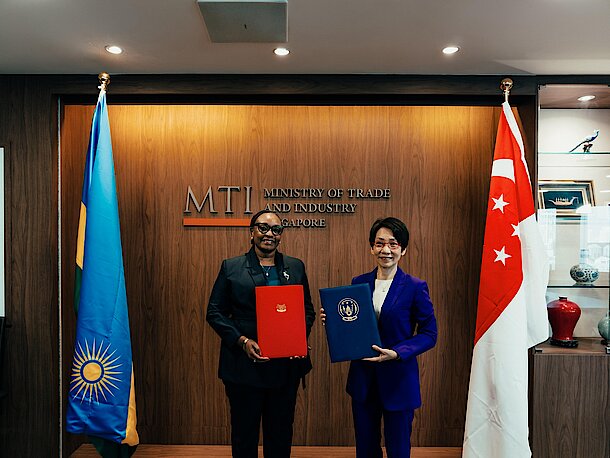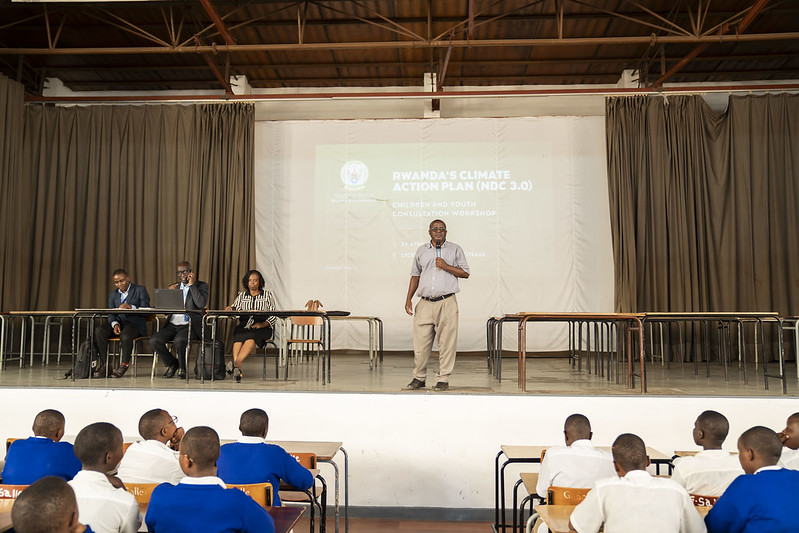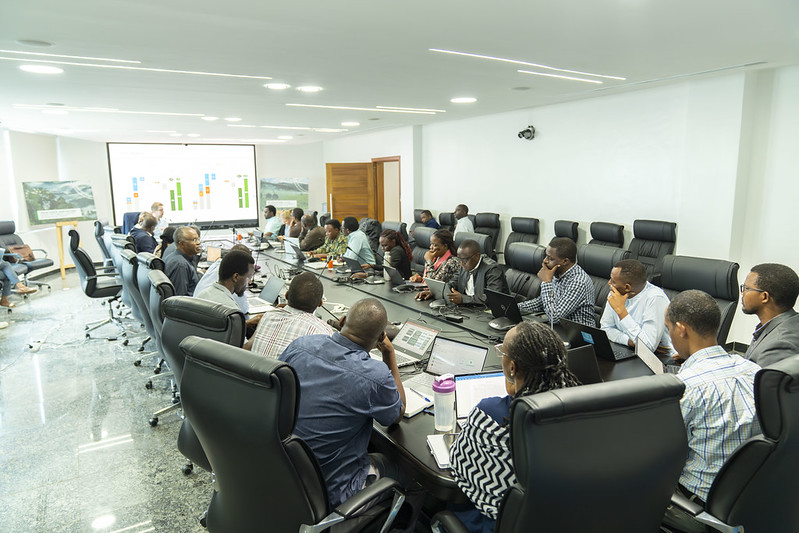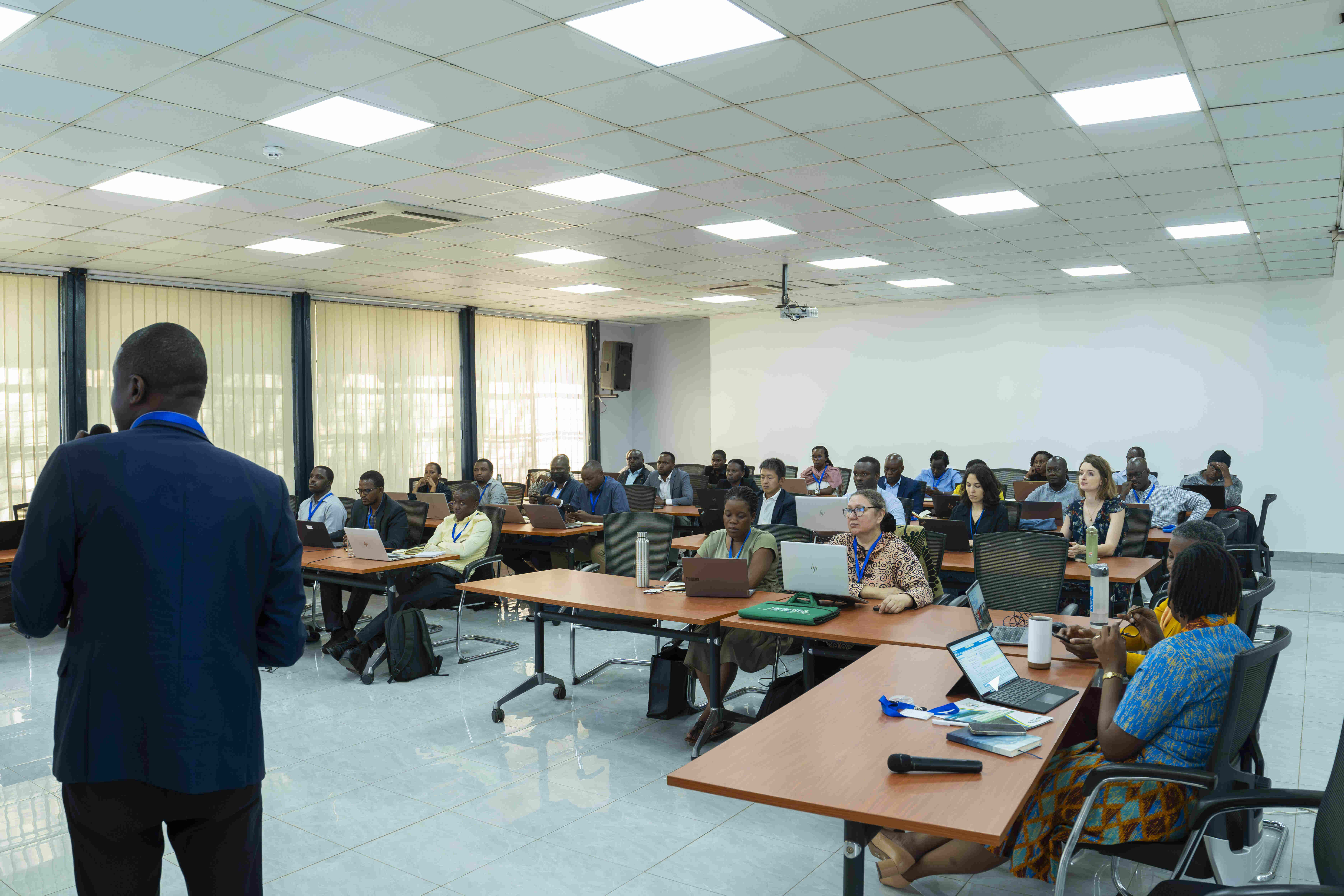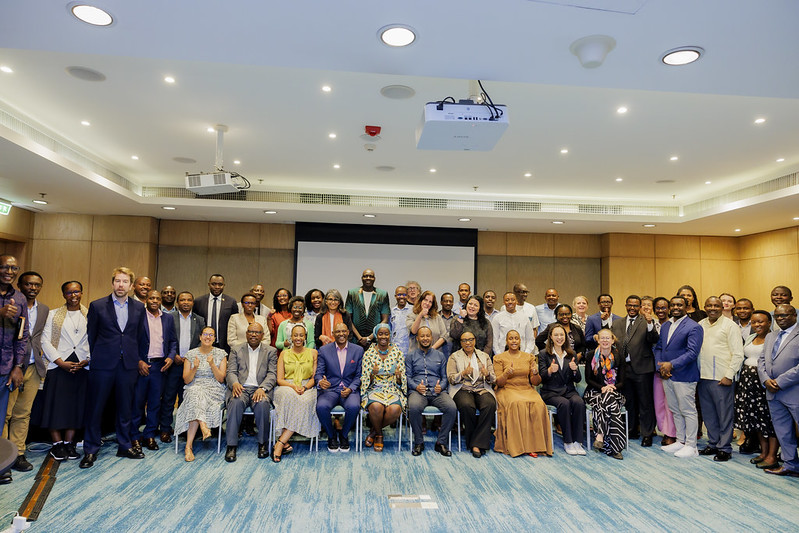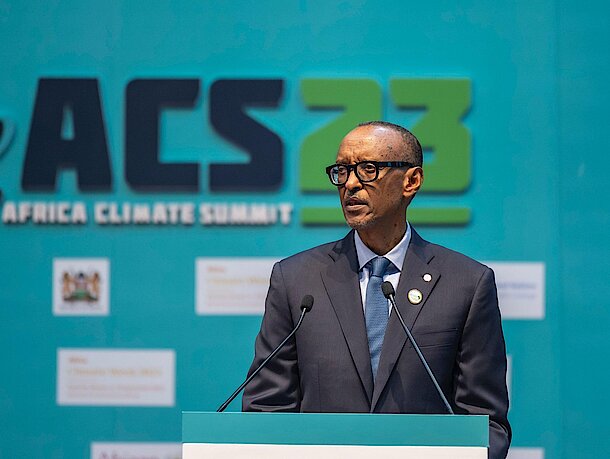
Africa Climate Summit | National Statement by President Kagame | Nairobi, 5 September 2023
First, I wish to thank President Ruto for hosting us in beautiful and vibrant Nairobi for the Africa Climate Summit, organized in collaboration with the African Union.
Every year, the world is reminded of the real and growing threat of climate change. Recent findings tell us all kinds of stories, including that that July was the hottest month ever recorded in human history.
Africa continues to carry the burden of rising temperatures, despite contributing the smallest share of global greenhouse gas emissions. We cannot just keep talking about it without doing what is required to fix the problem. This is unfair, but in the long run, playing the blame game is not the answer.
A more pragmatic approach is for Africa to be a key player in the search for global climate solutions. Africa stands united and should remain so, in this position.
In this regard, allow me to take this opportunity to commend President Dr William Ruto for his exceptional leadership of the Committee of African Heads of State and Government on Climate Change.
In Rwanda, we want the private sector to play a greater role in building a green economy. Our strategy is to position ourselves as an attractive destination for international climate financing and investment.
That is why, at COP-27, at that summit, Rwanda launched Ireme Invest, a green investment facility created by the Rwanda Green Fund in partnership with the Development Bank of Rwanda.
So far, US$200 million has been mobilized from domestic and international partners, including the European Investment Bank and the Green Climate Fund.
We have also been working closely with the International Monetary Fund. As a participant in the Resilience and Sustainability Trust, we have access to long-term financing to further integrate climate into our economic policies. This is a good sign that the international community is taking seriously the call to reform our global financial architecture.
But there is still room for improvement. In this context, I welcome the discussions held at the Paris Summit for a New Global Financial Pact. The Bridgetown Initiative, spearheaded by Prime Minister Mia Mottley of Barbados, also deserves considerable and serious attention.
Any meaningful structural change must favour debt restructuring and lower interest rates, as President William Ruto has so eloquently explained.
As Chair-in-Office of the Commonwealth, Rwanda supports the development of a Multidimensional Vulnerability Index, led by the United Nations in partnership with Small Island Developing States. Gross National Income (GNI) does not accurately measure a country’s vulnerability to climate change. In any case, Small Island Developing States should not be punished for having higher income levels.
Ultimately, what Africa wants is fair and equal partnership, which takes our priorities into account. That is going to be the basis for trust and solidarity.
I hope this Summit will serve as a good foundation for discussions later this year at COP-28. I thank you for your kind attention, and Mr President, thank you for convening us here
Topics
More posts
Rwanda to ensure the country’s updated Climate Action Plan is gender responsive and inclusive
A diverse array of stakeholders have met to enhance the integration and tracking of gender responsive and inclusive actions in Rwanda’s revised…
Rwanda Hosts First-Ever Climate Science Symposium to Bridge Research and Policy for Resilient Future
The inaugural Rwanda Climate Science Symposium (RCSS) has brought together scientists, policymakers, and development partners for a landmark two-day…
Local Government Stakeholders Meet to Contribute to Rwanda’s Enhanced Climate Action Plan
Local government representatives, policymakers, and climate experts have gathered for a two-day consultation workshop to share insights and…
RWANDA AND SINGAPORE SIGN IMPLEMENTATION AGREEMENT UNDER ARTICLE 6 OF THE PARIS AGREEMENT
The Government of Rwanda and the Government of Singapore have today signed an Implementation Agreement pursuant to Article 6 of the Paris Agreement,…
Youth Voices Shape Rwanda’s Updated Climate Action Plan
Young people from across Rwanda gathered for a Youth Consultation Workshop on Rwanda’s new Climate Action Plan, known as a Nationally Determined…
Young Rwandans Have Their Say in Shaping Rwanda’s New Climate Action Plan
As Rwanda updates its Climate Action Plan, known as a Nationally Determined Contributions (NDC 3.0), young Rwandans have been given the opportunity to…
Stakeholders Review Preliminary Results of Rwanda’s updated Climate Action Plan (NDC 3.0) Consultations
Stakeholders from across government institutions, civil society, the private sector, and development partners have come together for a three-day…
Stakeholder Consultation Workshop held to Shape Rwanda's Enhanced Climate Action Plan (NDC 3.0)
Stakeholders from across Rwanda’s public institutions and private sector, development partners, and civil society have come together for a NDC 3.0…
Rwanda Launches Nationwide Consultations to Develop New Climate Action Plan (NDCs 3.0)
Today, the Ministry of Environment, the Rwanda Environment Management Authority (REMA), other line ministries, delopment partners, CSOs and private…
